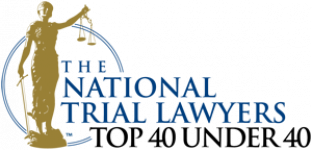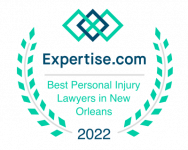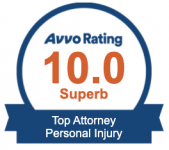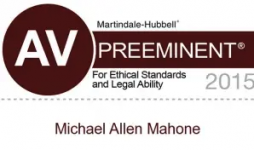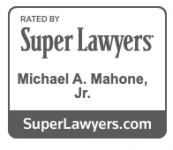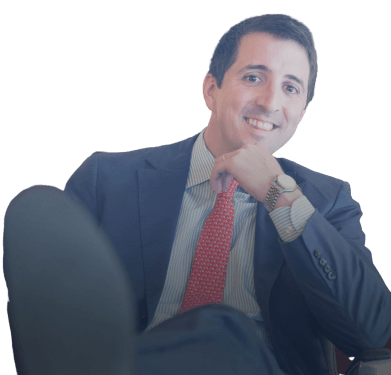Personal injury attorneys are asked a ton of different questions. Each client has his or her own set of questions that often pertain to the facts of each particular case.
Though by no means a complete list, here are the answers to a number of the common personal injury questions asked to accident lawyers:
Answers to Common Personal Injury Questions
1. What is an intentional tort?
A person commits an intentional tort when he or she (1) harms another and (2) desires for that harm to occur or is reasonably certain that his or her actions would cause the harm to occur. For example, a person who punches another person commits an intentional tort – specifically, the intentional tort of battery.
2. What is negligence?
A person is negligent when his or her actions fall below a certain “standard of care” (what we expect of similar people under similar circumstances) and those actions cause injury to another. Thus, even though the person who causes the injury doesn’t intend to hurt anyone, they are still held responsible for it. For example, a person who crashes a car into the back of another vehicle because he was busy sending a text message is negligent and should be responsible for any injuries caused in the accident.
3. Can I still pursue a personal injury claim even if I’m partially at fault?
Yes. In Louisiana, the jury or judge determines the percentage of fault for all potentially responsible parties, and each party is only responsible for its percentage of the total award. For example, if a jury determines an injured plaintiff has suffered $100,000 in damages, but the jury also determines the plaintiff is 50% responsible for the accident, then the plaintiff will still recover 50% of 100,000 – or, $50,000.
4. What damages can I recover in my personal injury case?
A person injured in an accident is entitled to recover damages for current and future medical expenses, pain and suffering, current and future lost wages, emotional distress, and loss of enjoyment of life.
5. How much is my personal injury case worth?
This is one of the most common personal injury questions, and the short answer: It depends. Evaluating any personal injury case is a complex job that considers: the type of injury you suffered; how you suffered your injury; the severity of your injury; your medical expenses; your potential future medical expenses (including the need for long-term care, if necessary); your lost income; your loss or reduction in future earnings; and the general impact that your injury has had on your life.
6. Can I sue my employer for my personal injuries?
Maybe. As a general rule, an employer is immune from negligence claims brought by their employees. Instead, the injured employee’s sole remedy is a worker’s compensation claim. There are exceptions to this rule. First, a seaman or a railroad worker may be able to sue his or her employer. Second, employees can sue their employers for intentional torts.
7. The insurance company is offering me a settlement for my personal injuries. What should I do?
You must always remember that an insurance adjuster’s goal is to settle your case for as little money as possible. No matter how kind or understanding the adjuster may appear, he or she is not advocating for you; they are protecting the insurance company’s bottom line. Because of this, you should always speak with a personal injury attorney before you accept an insurance company’s settlement offer.
8. Should I sign a release or give a statement before speaking with an attorney?
Probably not. Both releases and statements are tools used by insurance companies and others to limit your ability to seek compensation for your injuries. If you sign a release, the other side may argue that you’ve agreed not to pursue a claim for your injuries and that your case should be dismissed. Likewise, if you give a statement, your words may be used against you to marginalize your injuries or to distort the facts surrounding your accident. This is particularly important in cases where your injuries might not manifest themselves until some time after your accident. If you’re considering signing a release or giving a statement, check with a personal injury attorney first to make sure that you don’t allow those who caused your injuries to avoid compensating you for your loss.
Call a New Orleans Personal Injury Attorney
These are just a handful of the questions that you may have if you’ve been involved in an accident. If you or a loved one have been hurt in an accident, call a New Orleans personal injury attorney at (504) 564-7342 today. The Mahone Firm is here to help you in this difficult time.


